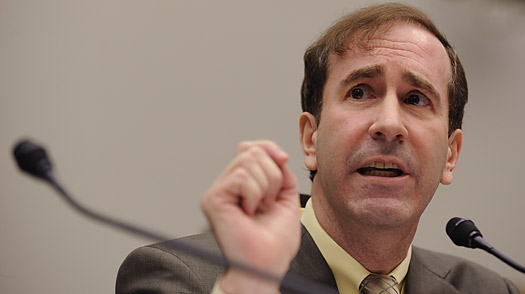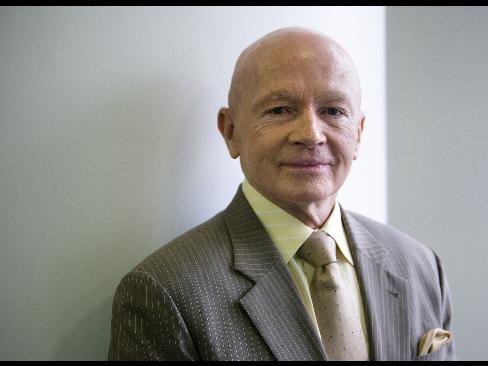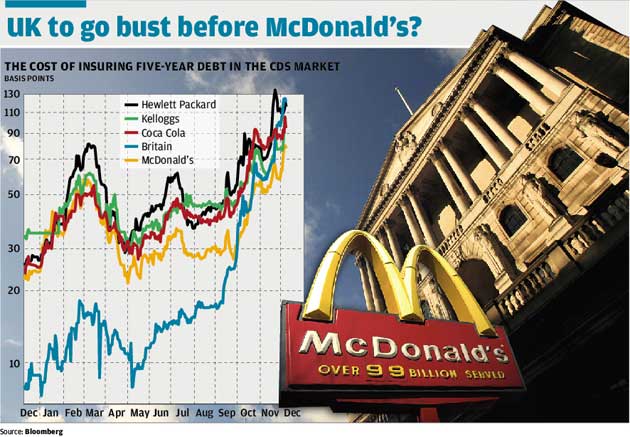
Harry Markopolos — the whistleblower on Bernie Madoff who proved to be much smarter than the SEC — says there are evildoers out there who will make the Ponzi scum “look like small-time.”
Markopolos gave a speech to 400 of the faithful at the Greek Orthodox Church in Southampton and predicted major scandals will soon be revealed about the unregulated, $600 trillion, credit-default swap market.
“To put it in simple terms, it is like buying fire insurance policies from five different insurance companies on your neighbor’s house and then burning down the house,” he said.
After his lecture, Hampton Sheet publisher Joan Jedell reports Markopolos was feted at a dinner at Nello Summertimes hosted by John Catsimatidis and his wife, Margo, who were joined by Al D’Amato and Greek shipping magnates Nicholas Zoullas and Spiros Milonas.
August 12, 2009
Source: The New York Post
The US government completely ignored Harry Markopolos:
– Markopolos: I gift wrapped and delivered the largest Ponzi scheme in history to the SEC
– Madoff whistleblower to slate ‘inept’ SEC regulators:
“It led me to conclude that the SEC securities lawyers, if only through their ineptitude and financial illiteracy, colluded to maintain large frauds such as the one to which Madoff later confessed.”
– Madoff whistleblower wants to be left alone
– Whistleblower document warned SEC in Nov. 2005 about Madoff’s Ponzi scheme
– A Madoff Whistle-Blower Tells His Story
Taxpayer money at work!






